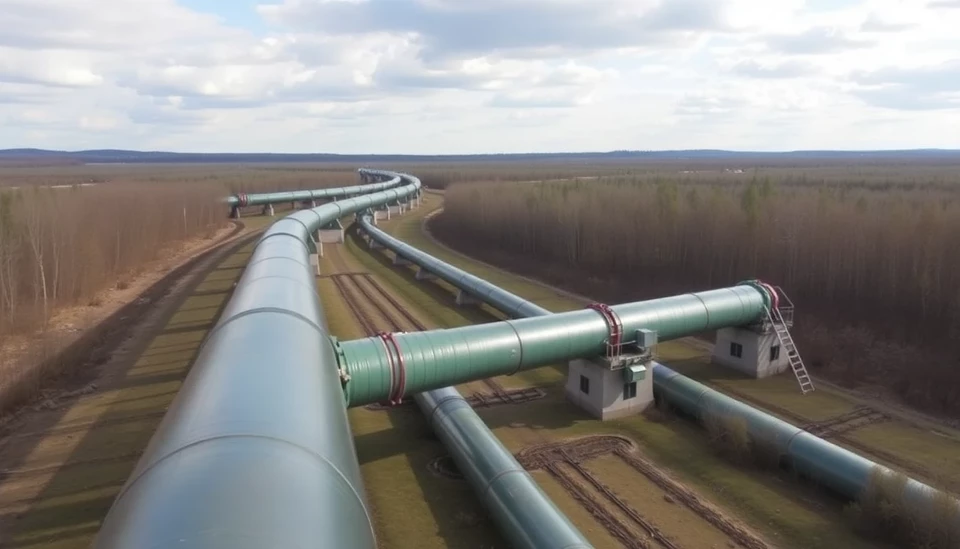
In a significant development within the energy sector, Brookfield Asset Management has positioned itself as the leading candidate to acquire Colonial Pipeline, a major operator of fuel transportation and storage in the United States, for a staggering $10 billion. The Canadian investment firm is reportedly in advanced negotiations to finalize this deal, which would mark one of the largest acquisitions in the midstream energy industry in recent years.
Colonial Pipeline, which operates a sprawling network spanning over 5,500 miles, is critical in transporting refined petroleum products from the Gulf Coast to the East Coast. It is a vital artery for the nation's energy needs, making this acquisition not only a financial move but one that could significantly impact fuel distribution across the eastern seaboard. This pipeline has been particularly under scrutiny since last year’s major ransomware attack that led to widespread fuel shortages, highlighting the vulnerabilities within energy infrastructure.
The ongoing bidding war for Colonial Pipeline has attracted multiple parties, but Brookfield, known for its extensive investment portfolio and formidable expertise in infrastructure, appears to be leading the charge thanks to its robust financial backing and experience in managing large-scale energy assets. Investors and analysts alike are keenly observing the developments, as the outcome of this acquisition could reshape the competitive landscape of fuel transportation in the United States.
Aside from Brookfield, several other potential buyers have reportedly expressed interest, raising the stakes in an already competitive market. As negotiations progress, the entities involved are focusing not only on the financial aspects of the deal but also on regulatory hurdles and the strategic implications of acquiring such a vital network in the energy sector.
Industry experts suggest that should Brookfield secure the acquisition, it would boost the company’s existing operations significantly and provide further opportunities for growth, especially as energy demands fluctuate in response to global market trends and climate policies. Moreover, the management of Colonial Pipeline may also seek to implement more stringent cybersecurity measures in light of past incidents, prioritizing infrastructure resilience alongside profitability.
As discussions continue, the larger conversation surrounding energy security and infrastructure modernization remains relevant, with lawmakers and consumers alike emphasizing the need for reliable and secure fuel delivery systems. The outcome of Brookfield's negotiations will not only influence its future but could potentially redefine operational standards across the industry.
Keep an eye on this developing story, as the ramifications of the acquisition extend far beyond the financial realm and touch on crucial aspects of national energy policy and security.
#Brookfield #ColonialPipeline #EnergyAcquisition #Infrastructure #MidstreamEnergy #FuelTransport #InvestmentNews
Author: Victoria Adams



